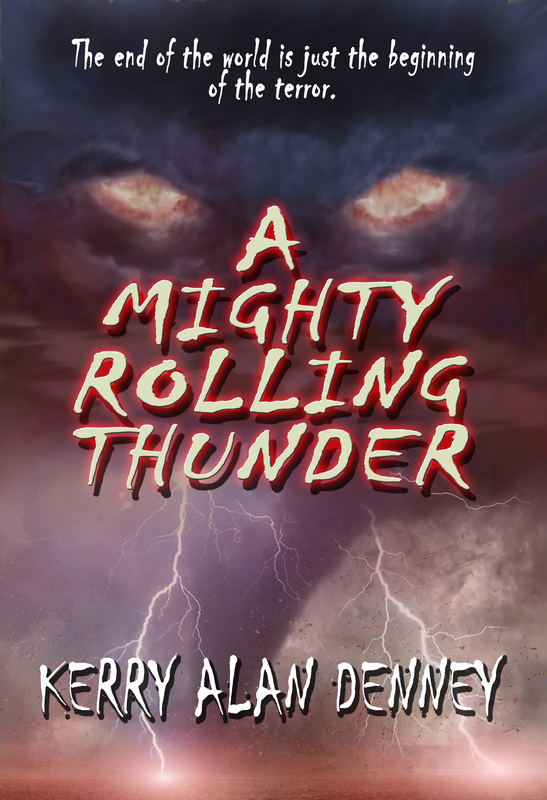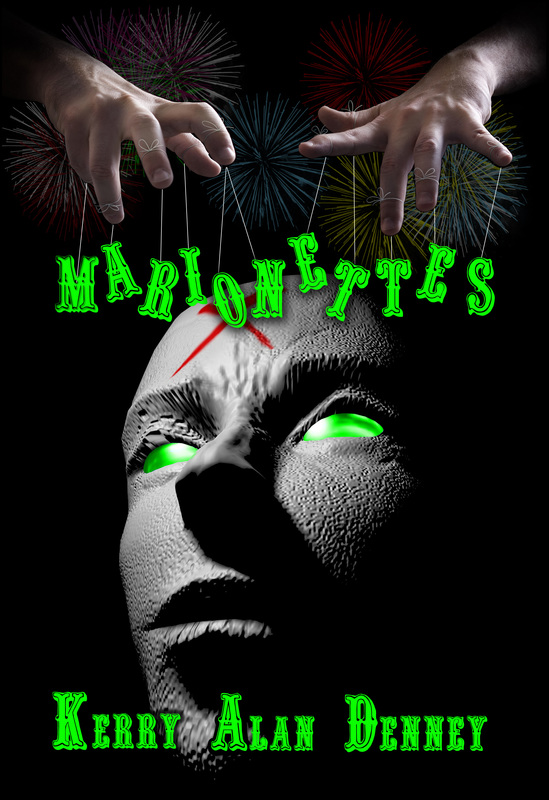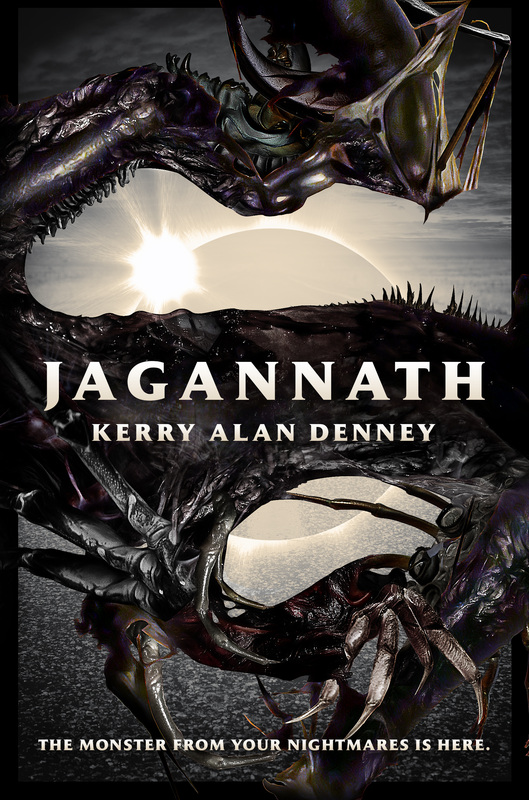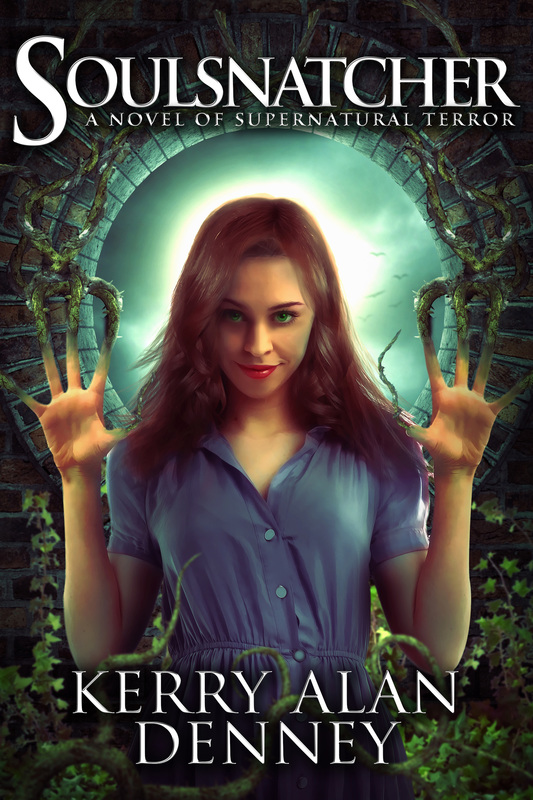Stop doing what, you say? Let’s skip the standard preamble and get right down to it, shall we?
1) She nodded her head.
Well of course it was her head she nodded. She can’t nod her elbows, earlobes, or eyelids, can she? So delete that “her head” part with extreme prejudice, and stop using that redundant and unnecessary (see what I did there?) clarifier. Saying “she nodded her head” is the equivalent of saying “he spoke with his mouth.” Readers will never mistakenly assume it was her newly-painted toenails that she nodded. So just write "She nodded."
2) He blinked his eyes.
Shew! Thanks so much for clarifying that it was his eyes he blinked. Otherwise your readers may be so confused, mistakenly visualizing him blinking his kneecaps, lips, or butt cheeks. That’s not a very comforting visual, is it?
Delete that “his eyes” part like an executioner chopping off the head of a condemned man . . . and for crying out loud, please stop using it as a clarifier. Your readers will thank you because—lo and behold—they already figured it out. So just write "He blinked."
Delete that “his eyes” part like an executioner chopping off the head of a condemned man . . . and for crying out loud, please stop using it as a clarifier. Your readers will thank you because—lo and behold—they already figured it out. So just write "He blinked."
As with #2 above …
3) She squinted her eyes.
Yeah, everybody knows she didn’t squint her tongue, new hairdo, or belly button. Boot that “her eyes” part out of your narrative like an NFL kicker aiming for the game-winning field goal, and teach your fingaz to stop typing it. It’s the best way to keep your readers from . . . umm . . . rolling their eyes at you.
No writer wants that, right? So just write "She squinted."
No writer wants that, right? So just write "She squinted."
4) He shrugged his shoulders.
Well, duh. He sure as hell didn’t shrug his hands, feet, beer belly, or villainous Snidely Whiplash moustache. Snidely may be able to do it, but your readers aren’t visualizing him when they’re reading about your characters, are they?
Crikey, I hope not. Otherwise you’re engaging in the use of a tired old stereotype, and that’s another huge no-no that we’ll discuss in a future post.
So just write "He shrugged."
Crikey, I hope not. Otherwise you’re engaging in the use of a tired old stereotype, and that’s another huge no-no that we’ll discuss in a future post.
So just write "He shrugged."
It’s too bad we don’t have a single-word antonym for “nodded” (or do we?), and have to use “she shook her head” to show our readers that physical action. But . . . we do have a multitude of words to describe facial express-ions. Use them instead of those dreadful and cringe-worthy “-ly” adverbs. Using those facial expression words instead of using lazy-writer “-ly” adverbs is showing versus telling, which we’ll likely discuss in another blog post one fine day.
Readers are intelligent. Smart people read. Dumb people don’t. That is not to insinuate that all people who don’t read are dumb, because that would be . . . well, dumb. Although assuming is not advisable, I think it’s a safe and winning bet to go ahead and assume that your readers are pretty darn smart.
Readers are intelligent. Smart people read. Dumb people don’t. That is not to insinuate that all people who don’t read are dumb, because that would be . . . well, dumb. Although assuming is not advisable, I think it’s a safe and winning bet to go ahead and assume that your readers are pretty darn smart.
So don’t tell your readers what they already know. That’s insulting, and we certainly do NOT want to insult our readers, do we? Adding clarifiers that are already painfully obvious—even if only subconsciously—is jolting to a reader, and more likely than not rips them right out of your story and back into the real world. They’ll get back there soon enough, so don’t help them find their way back—keep them engrossed in the world of your story.
A vitally important part of a writer’s job is to make the words disappear. So don’t make words appear that don’t need to be there in the first place from the get-go. (I did it again!)
Do you have other examples of ridonkulous redundancies that you’ve seen writers (and editors) use? We’re happy to hear them! Please share them in the comments section below.
Happy writing to all!
A vitally important part of a writer’s job is to make the words disappear. So don’t make words appear that don’t need to be there in the first place from the get-go. (I did it again!)
Do you have other examples of ridonkulous redundancies that you’ve seen writers (and editors) use? We’re happy to hear them! Please share them in the comments section below.
Happy writing to all!
Check out the works of Kerry Alan Denney aka The Reality Bender on Amazon HERE





 RSS Feed
RSS Feed





